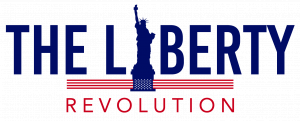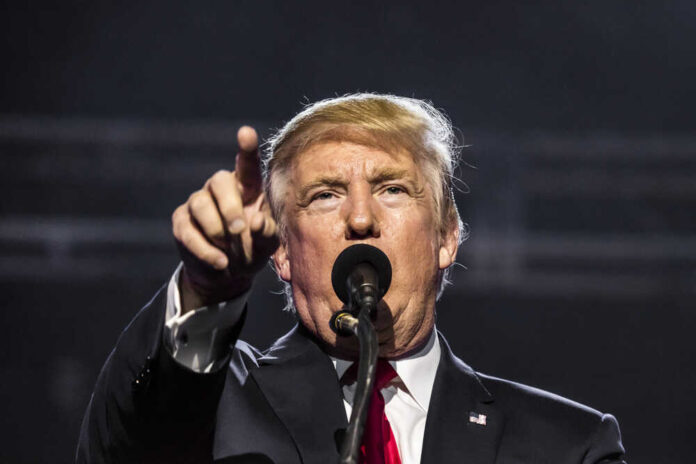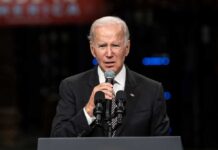On a recent episode of CNN’s “State of the Union,” Rep. Jamie Raskin (D-MD) expressed his belief that Donald Trump is ineligible to hold office, pointing to the Senate’s majority vote convicting the former president of inciting the Capitol insurrection.
Raskin elaborated, “Section 3 of the 14th Amendment unequivocally states that any individual who has taken an oath to serve and defend the Constitution, whether they’re a president, a member of Congress, or any federal officeholder, is prohibited from serving in federal or state office if they’ve participated in insurrection or rebellion. This principle, established after the Civil War, is paramount and must be upheld.”
Raskin said, “The House of Representatives impeached Trump for incitement against the Union, with 57 out of 100 senators concurring that he indeed incited such insurrection. Therefore, a strong, bipartisan consensus from both chambers has recognized this as truth.”
Furthermore, Raskin noted, “Numerous legal scholars, including Mr. Hutchinson, contend that Trump’s eligibility to run for office is now comparable to that of someone not born in the U.S. or someone under the age of 25.”
At the core of this contention is the 14th Amendment’s Section 3, which stipulates that any public official who takes part in “insurrection or rebellion” against the U.S. or aids its enemies cannot assume public office. However, there is an exception: if they receive a two-thirds pardon from Congress.
The crux lies in defining “participation in a rebellion or an insurrection.” While many firmly believe and often describe the events as an insurrection, others view it as a protest that, although possibly escalating into criminal activity, did not reach the threshold of being labeled as a rebellion or insurrection. The interpretation of the 14th Amendment hinges significantly on this distinction.
Proponents have long maintained that Trump’s post-2020 election actions match this description. This perspective gained further traction when Michael Stokes Paulsen and William Baude, two members of the conservative-leaning Federalist Society, recently vouched for it in the Pennsylvania Law Review.















